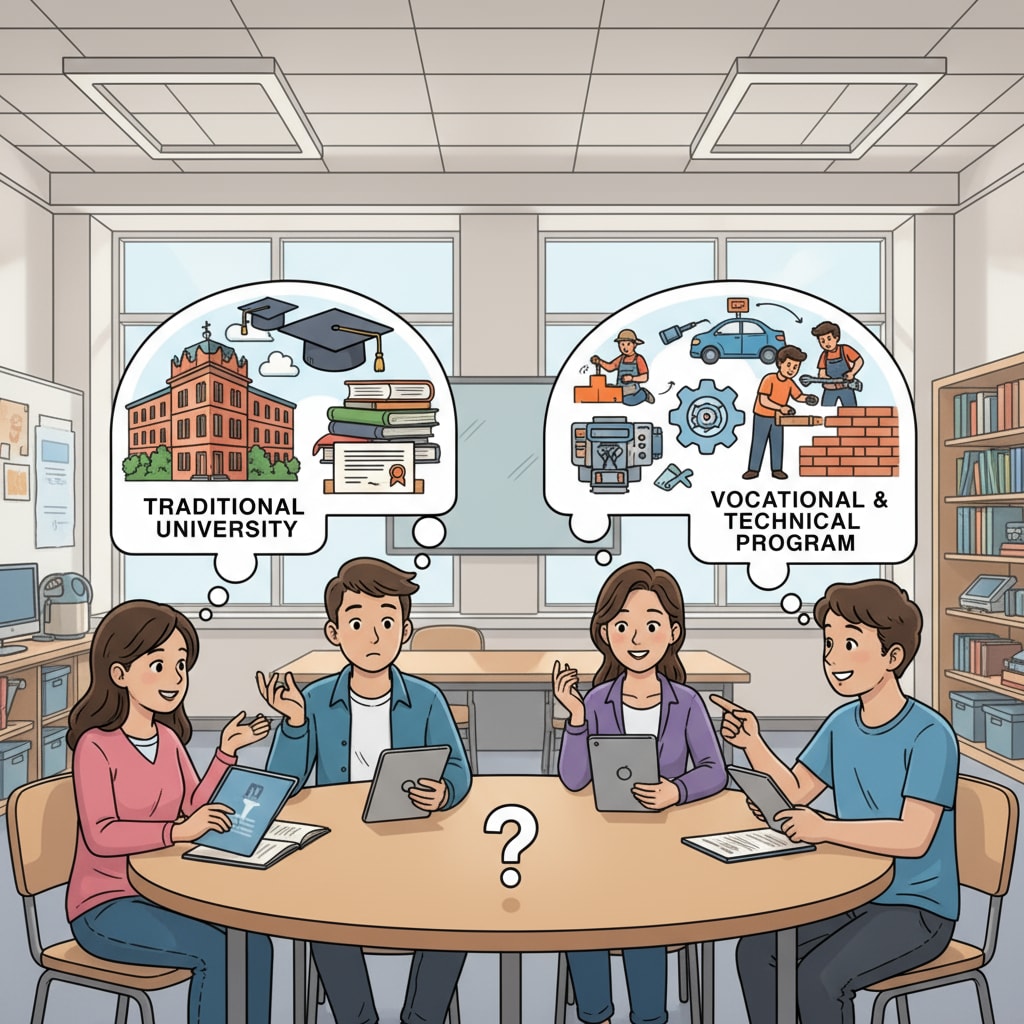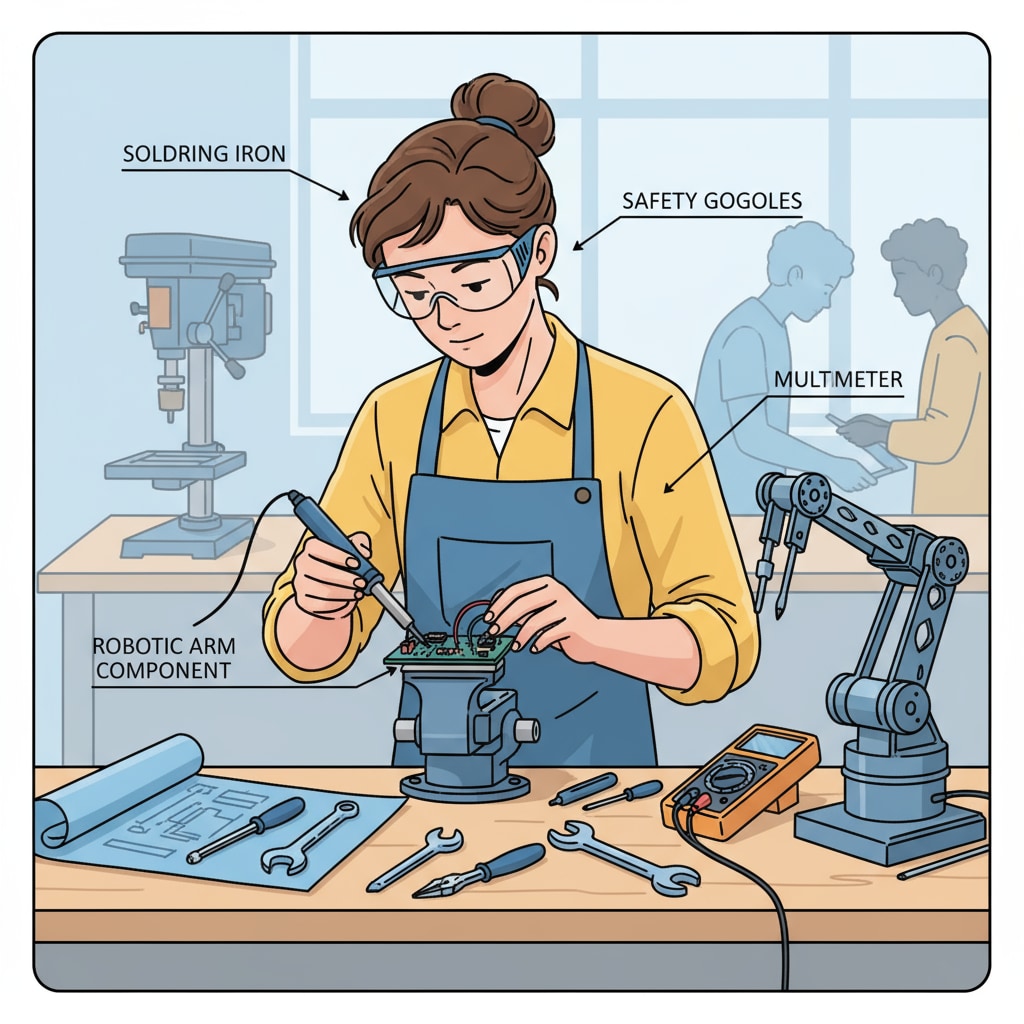In the modern educational landscape, the concepts of higher education, return on investment, vocational and technical education, and employment prospects are intertwined in complex ways. As the cost of higher education continues to rise, many are starting to question whether the investment is truly worthwhile. In this era of degree inflation, where an increasing number of people hold university degrees, the traditional assumption that a college education guarantees success is being challenged.

The Declining Return on Higher Education Investment
Once, a university degree was a golden ticket to a well-paying job and a prosperous future. However, things have changed. According to data from the National Center for Education Statistics, the cost of attending college has soared over the past few decades. At the same time, the job market has become more competitive. Many graduates are struggling to find employment that aligns with their degrees, let alone jobs that can justify the substantial investment they made in their education. For example, some liberal arts graduates may find themselves in low-paying jobs that do not fully utilize their skills and knowledge.
The Rise of Vocational and Technical Education
On the other hand, vocational and technical education is gaining more recognition. Vocational and technical paths offer specialized training in fields such as plumbing, electrical work, and nursing. These skills are in high demand in the job market. The Bureau of Labor Statistics projects strong employment growth in many vocational and technical occupations. For instance, the demand for registered nurses is expected to increase significantly in the coming years. Vocational and technical education often takes less time and costs less than a traditional four-year college degree, providing a more direct route to employment.

When comparing the two, it’s clear that each has its own advantages. Higher education provides a broad-based education, fostering critical thinking, communication, and problem-solving skills. It may open doors to certain professions that require advanced knowledge, such as medicine, law, and research. However, vocational and technical education offers hands-on training and a quicker entry into the workforce with skills that are immediately applicable.
Readability guidance: The decline in higher education ROI and the rise of vocational and technical education are two important aspects to consider. Each has its own set of benefits and drawbacks. By understanding these, students can make more informed decisions about their future.


